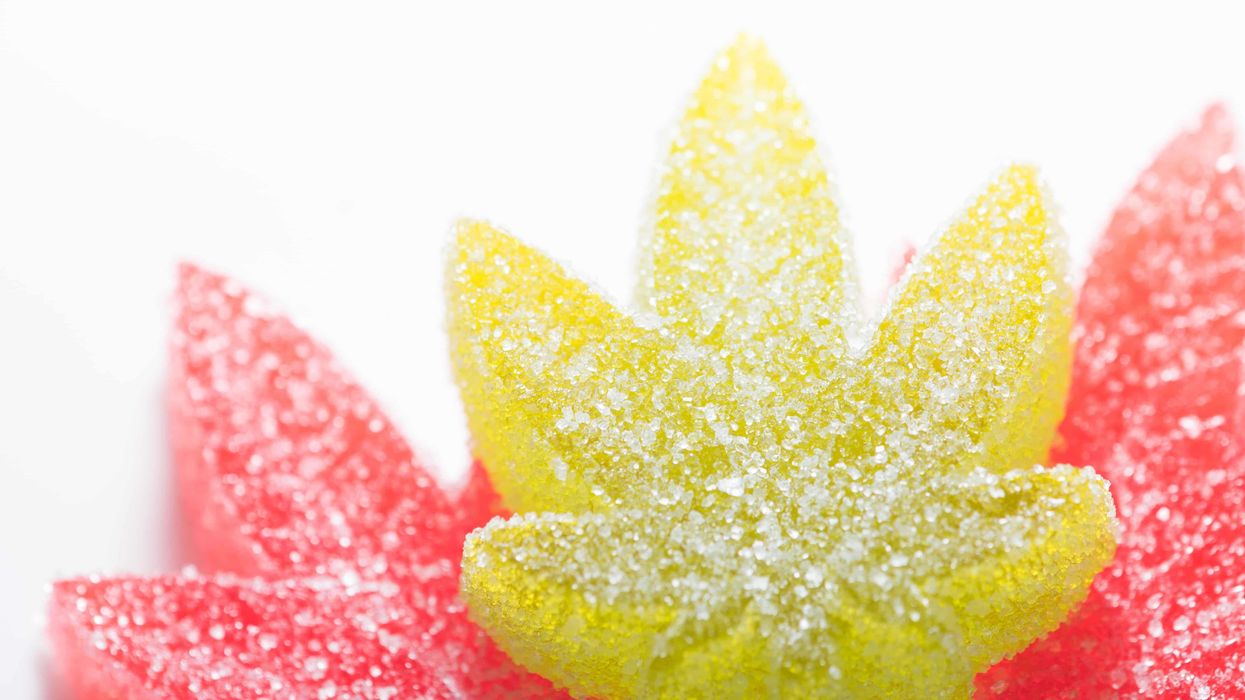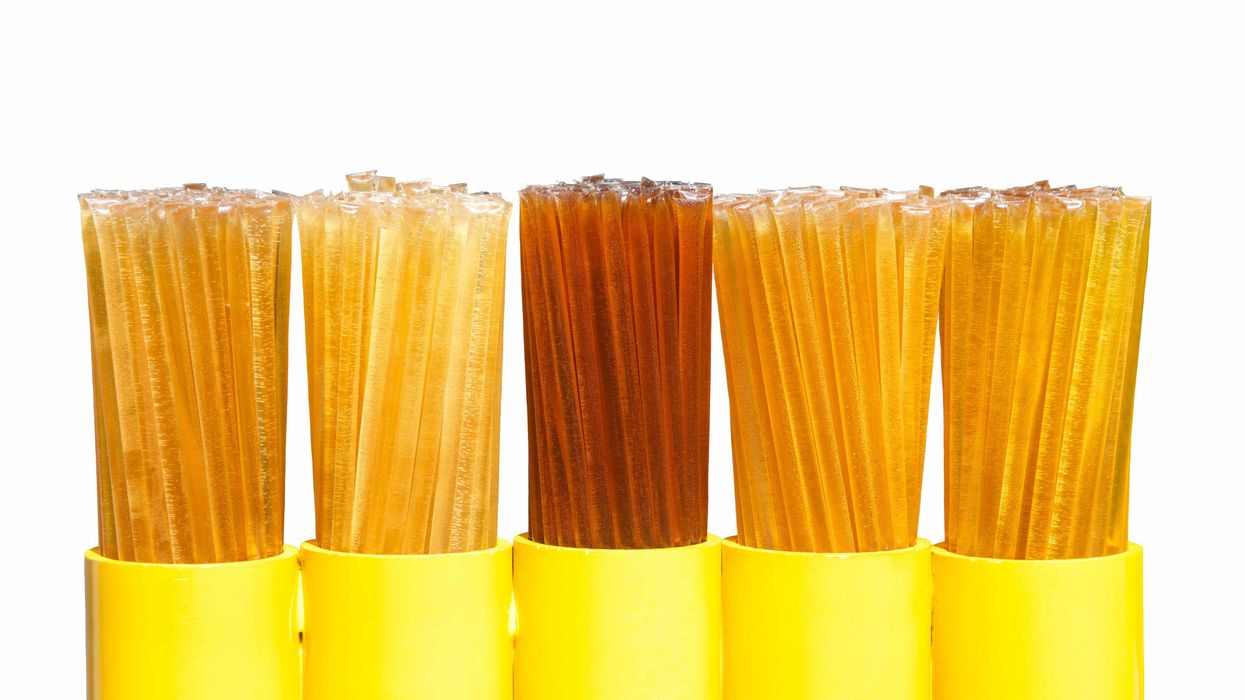Scores of consumers across the world are warming to CBD. Be it oils, topicals, edibles or beyond, CBD products continue to gain popularity for various reasons, from relaxation to pain relief to addressing rare forms of epilepsy.
A sharp rise in its popularity led more and more to ask, 'does CBD show up on a drug test?' As such, it's high time to unpack the reality around CBD and passing a drug test.
Does CBD Show Up on a Drug Test?
Concerns over CBD showing up on a drug test are undoubtedly valid and can be justifiable depending on the products a person consumes.
If there is delta-9-tetrahydrocannabinol (THC) in the CBD product, then concern may be warranted. While most common tests don't look for CBD, studies have found that products containing trace amounts of THC can show up on drug tests.
As such, it is best to cut out any CBD use in the lead up to a drug test. Cutting out CBD doesn’t mean you can't use cannabis. You can still consume cannabis products, but would need to find a product like an isolate or distillate that removes any traces of THC. Some CBD products are entirely THC-free, but many do contain up to .3% THC in the U.S.
While not the case for every cannabinoid, it appears that pure CBD won't show up on a test. "Pure" CBD contains zero traces of THC and is the best option for anyone worrying over their upcoming drug test.
The "purity" of CBD isolate and distillate products is what's vital. Rather than combining plant compounds as part of the Entourage Effect, distillate and isolates focus on one or just a few compounds. Except in rare drug tests where CBD is screened, most methods won't note a "pure" CBD product.
As such, consumers must know what they're consuming--reading a product's label and packaging is essential. Keep in mind that the CBD market still suffers from a mislabeling issue, with some bad actors failing to disclose their products' actual contents or actual dosage.
Ensure that doesn't happen to you by checking out the company's lab studies prior to buying or consuming anything. Scan the product's QR code on the box or visit a company's website for its lab results. By looking at the findings, would-be buyers get the full picture of what they might consume--an essential bit of knowledge for anyone, especially those slated for a drug test.
How Long Does CBD Stay in Your System?
CBD tends to stay in your system for just a few days, often no more than five. However, like THC, several factors do play their part--making the answer unique for every person.
The frequency and volume at which CBD is used can extend how long the cannabinoid stays in the system. Larger doses and more frequent usage is a surefire way to increase the chances of testing positive during a screening (if your CBD product has undetected levels of THC in it).
Just like any other substance in the body, the more often and more prominent a substance is used, the more likely it will show up on a drug test.
Consumption method plays its part as well--with smoked and vaped options often passing through quicker than edibles and oils that take additional time to absorb into the bloodstream.
Our bodies are also a factor--with our unique compositions playing an integral part. Every person’s body and metabolism differs, which can also affect how long these compounds stay in your body.
What to Do for an Upcoming Drug Test
By now, you've hopefully gathered insights as to if you can fail a drug test due to CBD. Even if feeling confident about testing prospects, it is advised that every person be as prepared as they can be for a screening. There are a few critical points to clarify when preparing.
It is wise to understand the test being administered. Urine is the most common, but blood, saliva and hair follicle tests could all be used. Urine, blood and saliva all detect regular usage for a few days to a couple of weeks, at most, with heavy consumption detected up to a month afterward. However, hair tests can detect traces from as far back as three months ago.
Toxicity levels play an essential part as well--factoring in your usage rate and the potency of the product used. As mentioned, CBD isolate and certain distillate products are unlikely to generate a positive result. However, those using THC, even in trace amounts, may find themselves at risk of being detected on a test. Once again, strongly consider reviewing lab tests before consuming.
Last, find out the deadline needed to cleanse the body of any concerning compounds. Consumers who use more frequently will need to cleanse longer than a casual user with fewer THC traces in their bodies. Once the deadline is determined, follow the instructions that come with the chosen cleanse method.
How to Detox CBD
Concerns over CBD during a drug test are valid, depending on the product used. That said, the detox process is well-established thanks to years of THC screenings and cleansing methods.
First and foremost, stop consuming. Halting any consumption activities ensures that the body can begin its cleansing phase. Give yourself enough time, well before the cleansing deadline, to assess when you should stop. Doing so allows the body to cleanse and, if wanted, conduct an at-home test to determine your body's current cannabinoid levels.
If there is enough time for a cleansing phase before the screening, you may want to be cautious and detox from CBD as well. Drug tests aren't going to look for the cannabinoid typically, but some people feel better doing it. Other cannabinoids and compounds, primarily THC, are more likely to benefit from a detox if there is enough time.
If so, use a detox cleansing product and test the results with an at-home lab kit. Doing so should provide you with the best idea of where you stand heading into the screening.
Are you still missing out on The Bluntness newsletter? Sign Up today to stay in the loop.
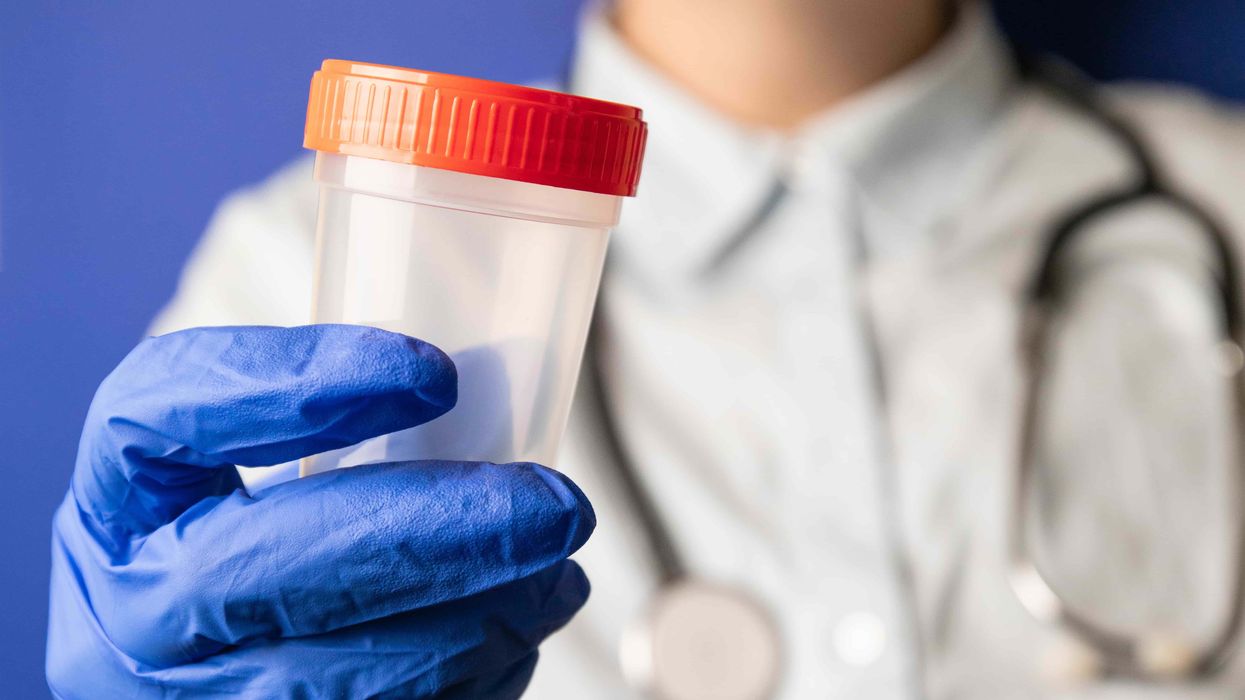


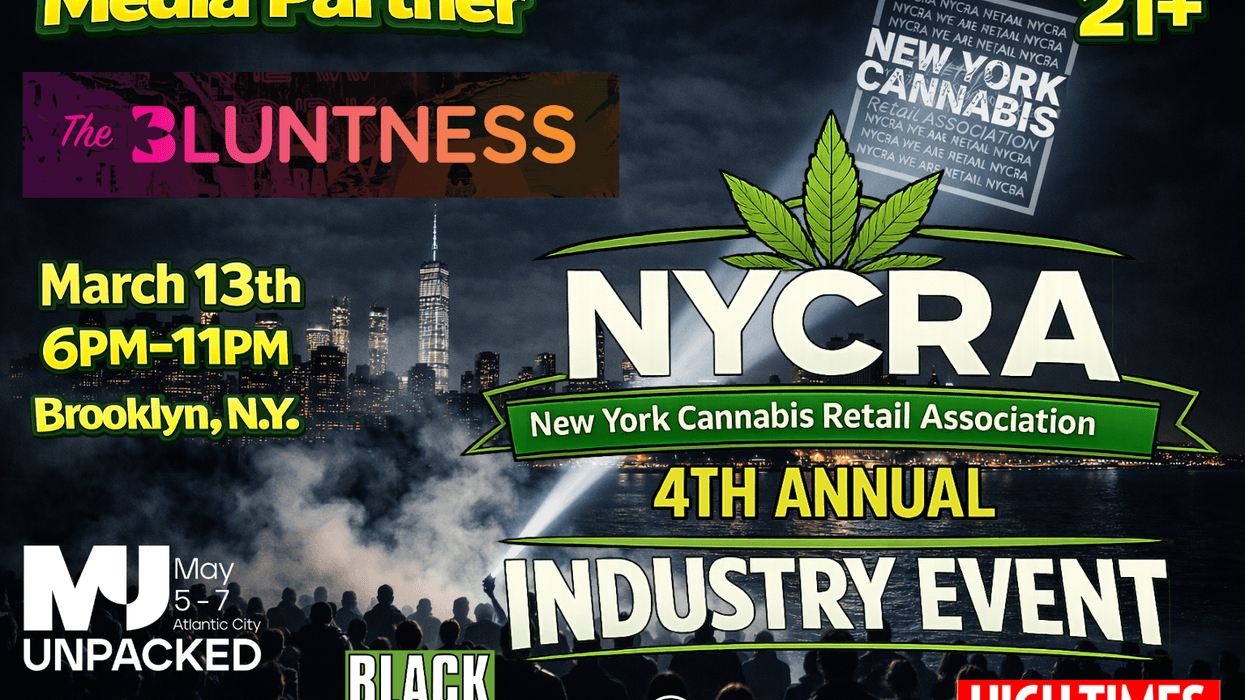



 11 Signs You've Greened Out and How to Handle It - The Bluntness
Photo by
11 Signs You've Greened Out and How to Handle It - The Bluntness
Photo by  11 Signs You've Greened Out and How to Handle It - The Bluntness
Photo by
11 Signs You've Greened Out and How to Handle It - The Bluntness
Photo by 





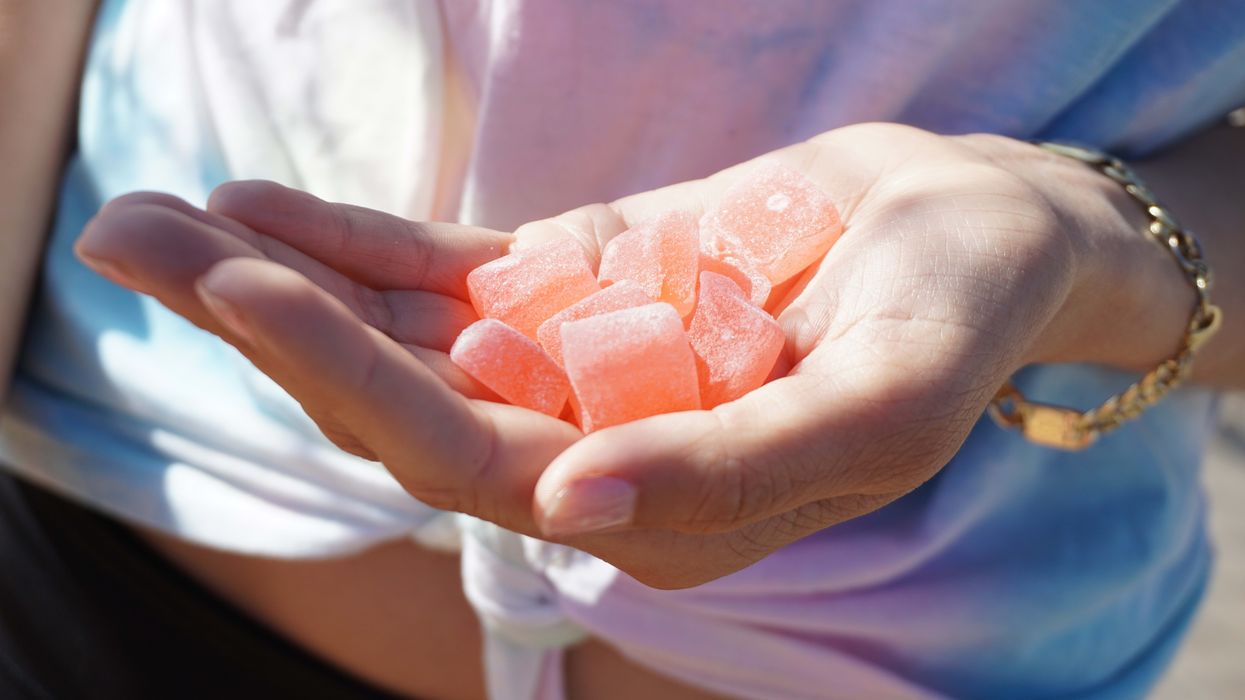
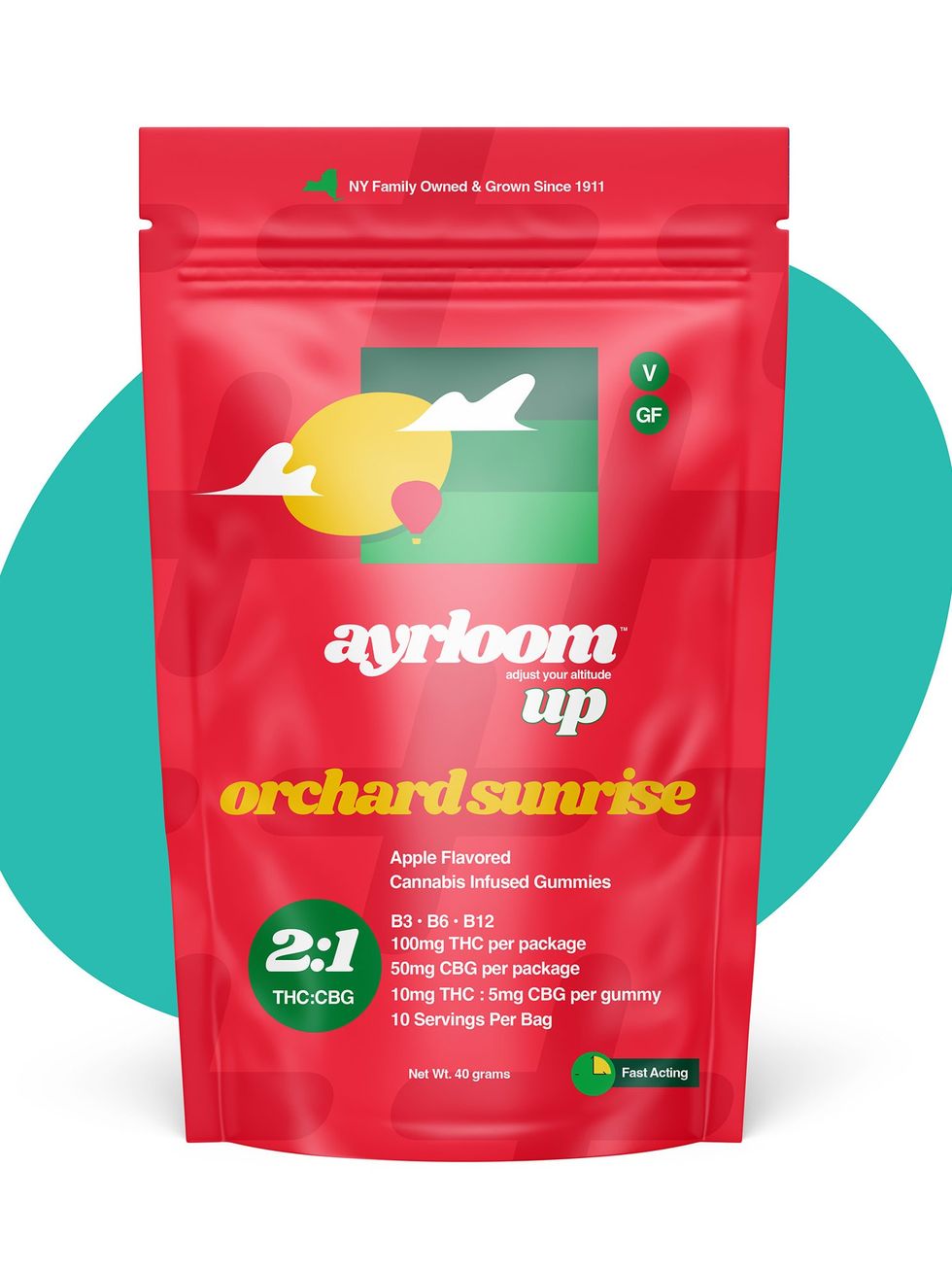 Ayrloom Orchard Sunrise Cannabis Infused Gummies
Ayrloom Orchard Sunrise Cannabis Infused Gummies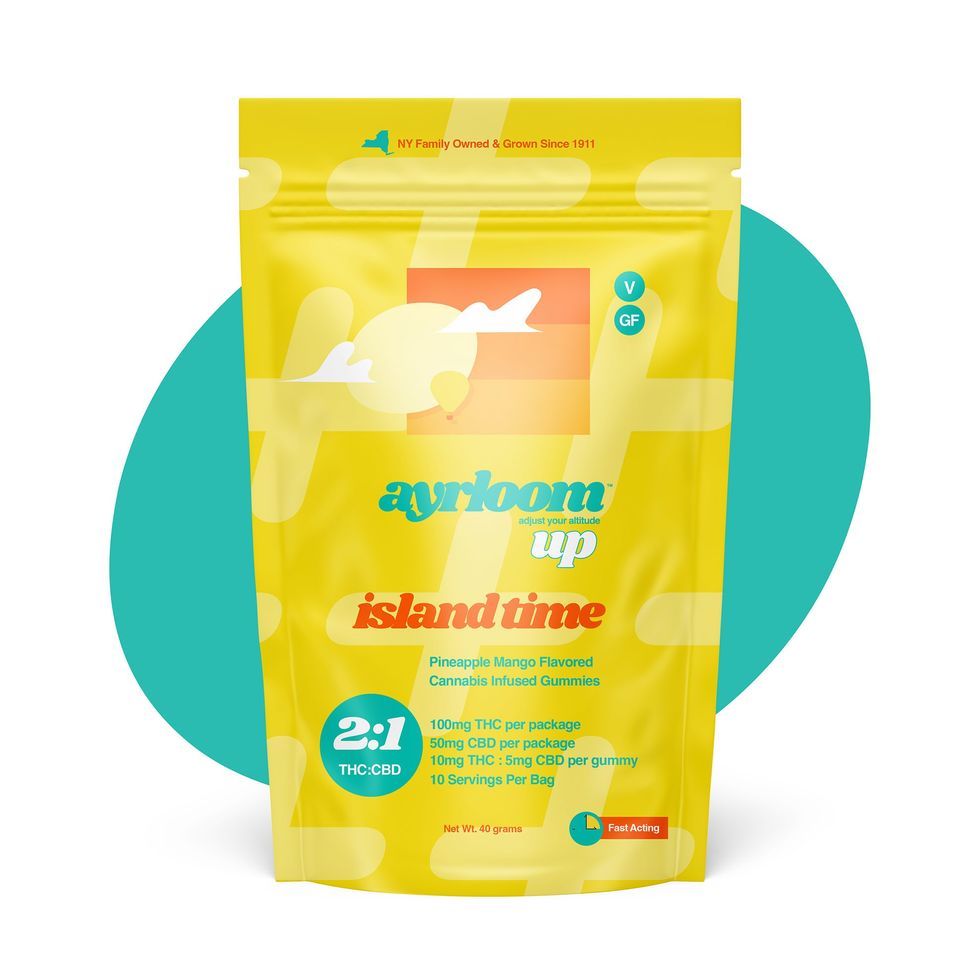 Ayrloom Island Time THC Gummies - Pineapple Mango Flavor
Ayrloom Island Time THC Gummies - Pineapple Mango Flavor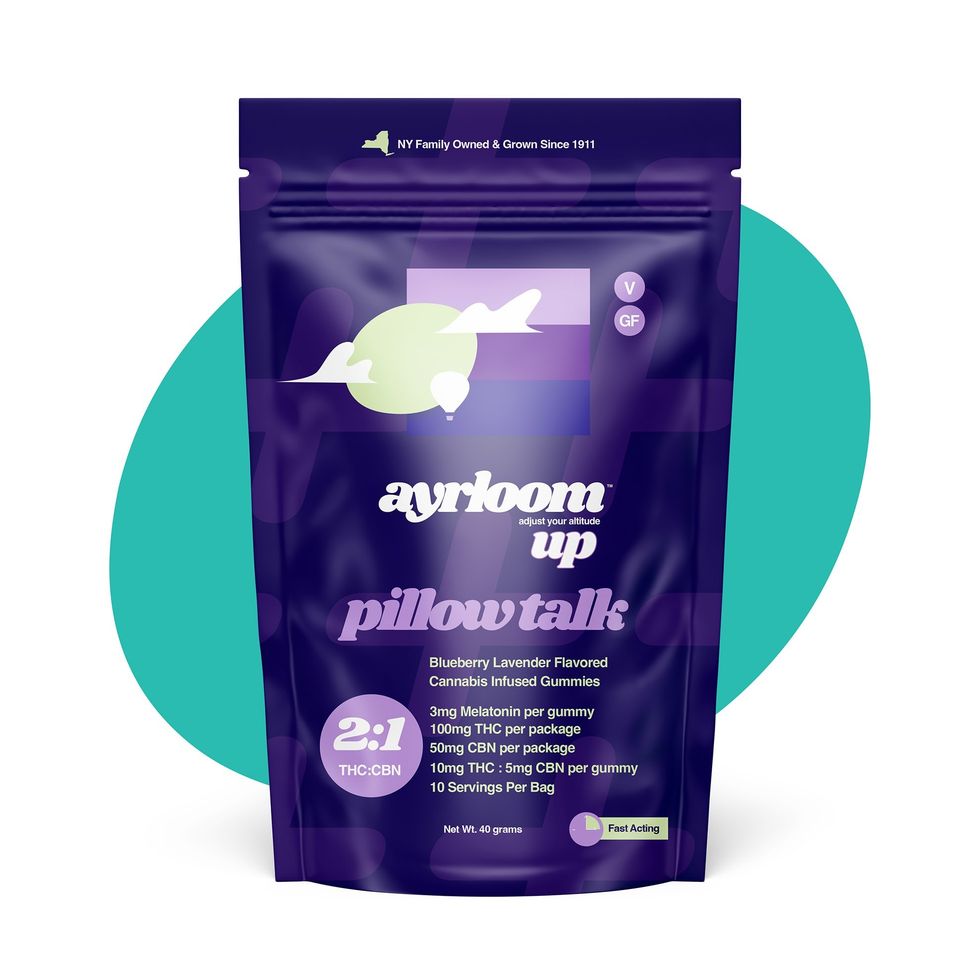 Ayrloom Pillow Talk - Sleep Gummies
Ayrloom Pillow Talk - Sleep Gummies 
